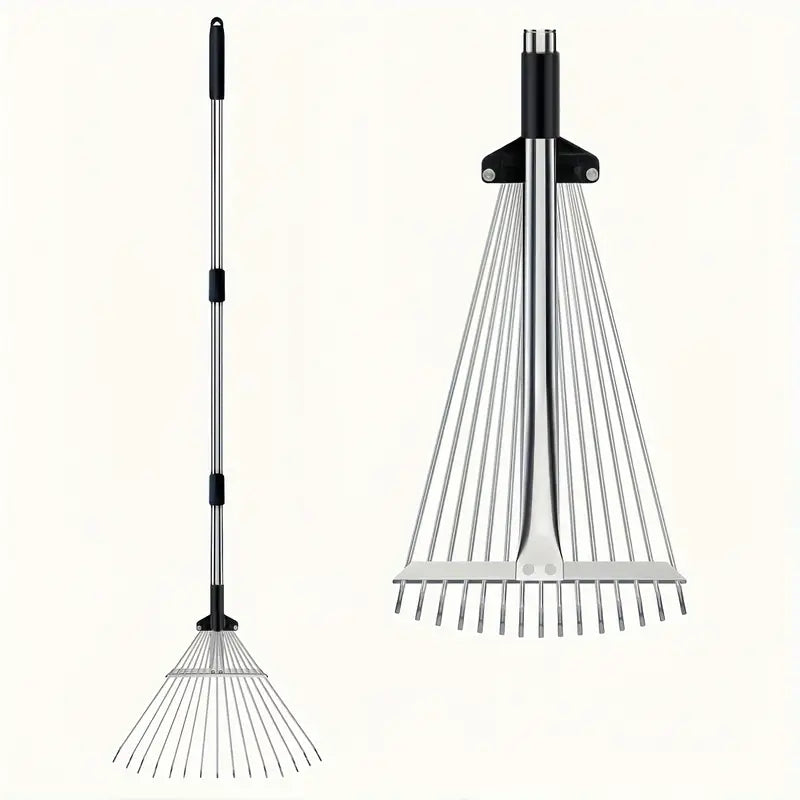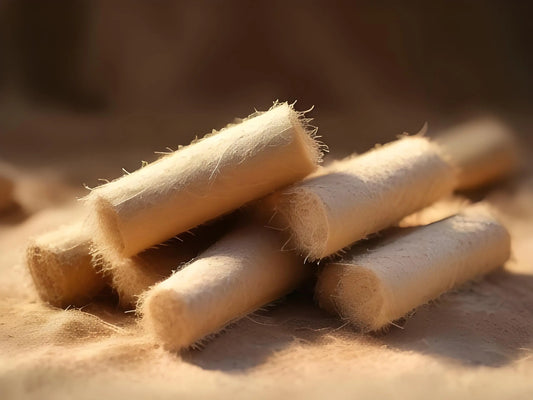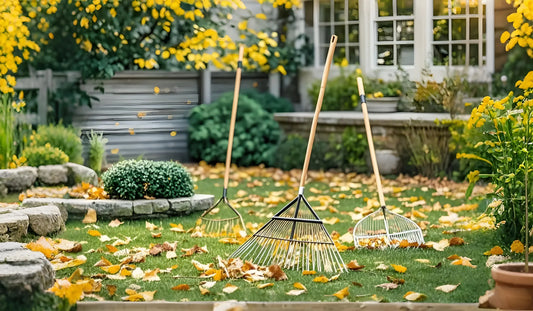Indoor Plant Care Tips and Pest Control Methods with Plant Stands
Indoor plants not only beautify the environment but also purify the air. However, issues with insects around the plants can affect their growth and indoor hygiene. Using plant stands can help address these problems by improving air circulation and making plant care easier. Here are some ways to check if your indoor plants need pest control. You can also learn how to deal with pests, especially when using plant stands.
Methods to Determine if Indoor Plants Need Pest Control
Observe the Area Around Plants:- If you often see small flying insects near the plants, especially after watering or during hot weather, it may indicate insect breeding. Using a plant stand can help keep plants elevated and reduce the chances of insects breeding close to the ground.
- Check for black or brown small insects on the leaves or around the pots, which may be mosquitoes or other pests.

- Look for small particles that might be insect eggs on the soil surface.
- Check for larvae wriggling on the soil surface, which are often mosquito larvae.
- Check if there are insects in the water or moving on the water surface. Elevated plant stands can make it easier to monitor and change the water in hydroponic setups.
- Regularly change the water in hydroponic plants to keep it clean.

- If the plant is growing poorly, with unexplained spots, yellowing, or other abnormalities on the leaves, it might be due to insect infestation.
- Examine all parts of the plant, especially the leaves and stems, for signs of pest damage.

- If there is a noticeable increase in insects in other indoor areas and you have plants indoors, the plants might be a breeding ground.
- Thoroughly inspect the plants to identify the specific location and cause of insect breeding.
Pest Control Methods
Maintain Good Ventilation:- Ensure good air circulation around the plants by using plant stands to elevate them and reduce suitable breeding environments for insects.
- Avoid water accumulation at the bottom of the pots to prevent mosquitoes from laying eggs in the water. Plant stands can help ensure proper drainage and prevent standing water.
- Check for and remove any excess water in the pot saucers after watering.

- Regularly clean up fallen leaves and debris around the pots to prevent insects from having hiding and breeding spots. Plant stands make it easier to access and clean around the pots.
- Check the soil for insect eggs or larvae, and treat them promptly if found.
- Turn the soil over and expose it to sunlight to disrupt the insects' living environment.
- Place yellow sticky traps around the pots. The yellow color attracts insects and effectively traps them. These traps can be easily placed and monitored on plant stands.

Multi-Shape Sticky Insect Traps
Mosquito Coils or Electric Insect Repellents:
- Use mosquito coils or electric insect repellents indoors to keep bugs away, but be careful around kids and pets.

Plant Essential Oils:
- Use essential oils like lavender or mint, which have repellent effects on insects.
- Spray these essential oils around the pots to deter insects.
- Sprinkling some lime powder can dry out the area and repel insects, preventing them from breeding in damp environments.
- Plant insectivorous plants like pitcher plants, which can capture and eliminate some insects, thereby reducing their numbers. Plant stands can showcase these interesting plants effectively.
By using plant stands and other methods, you can reduce insects around indoor plants. This helps plants grow well and makes your home more comfortable.





1 comment
The beauty of indoor plants at the same time mosquitoes and insects is not a small trouble, tips: sticky insect stickers near plus a small fan effect doubled!